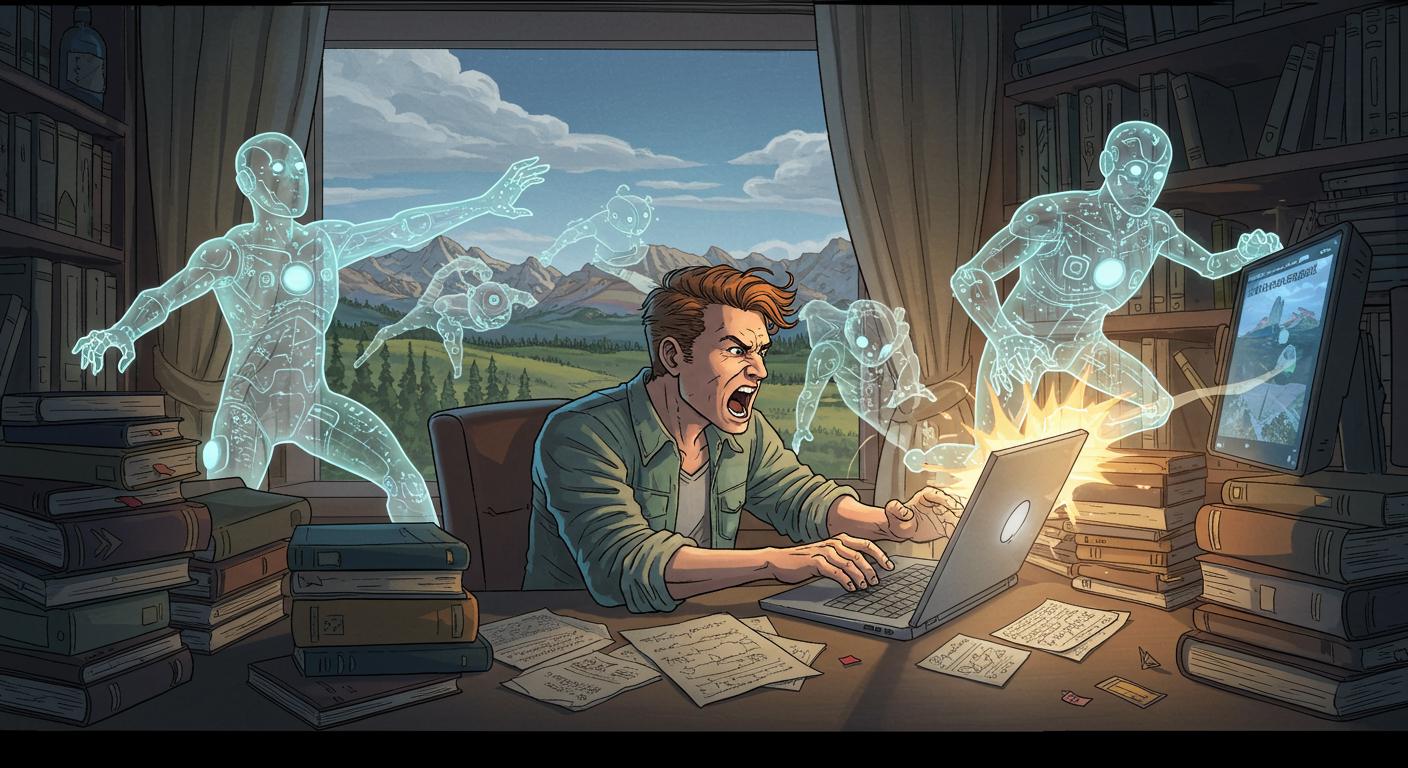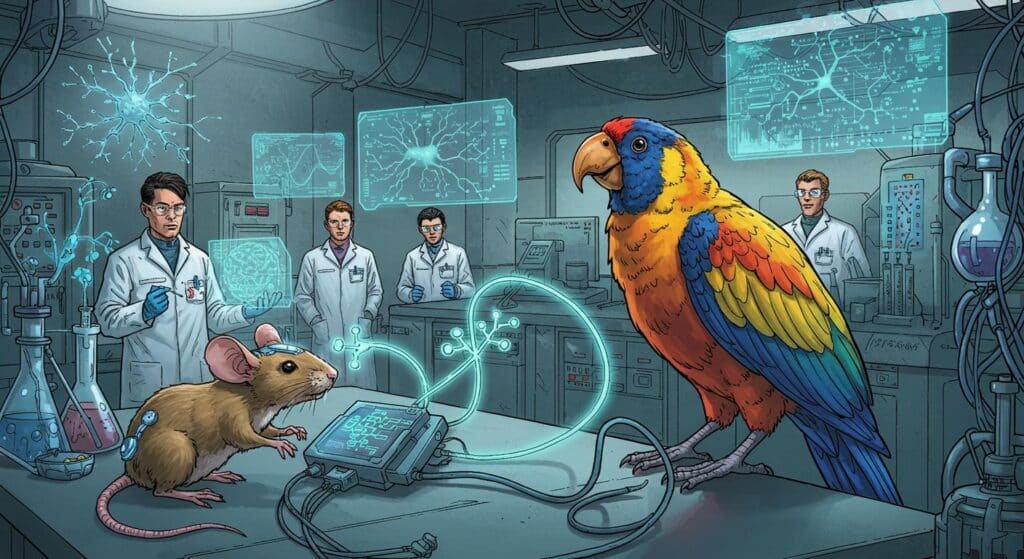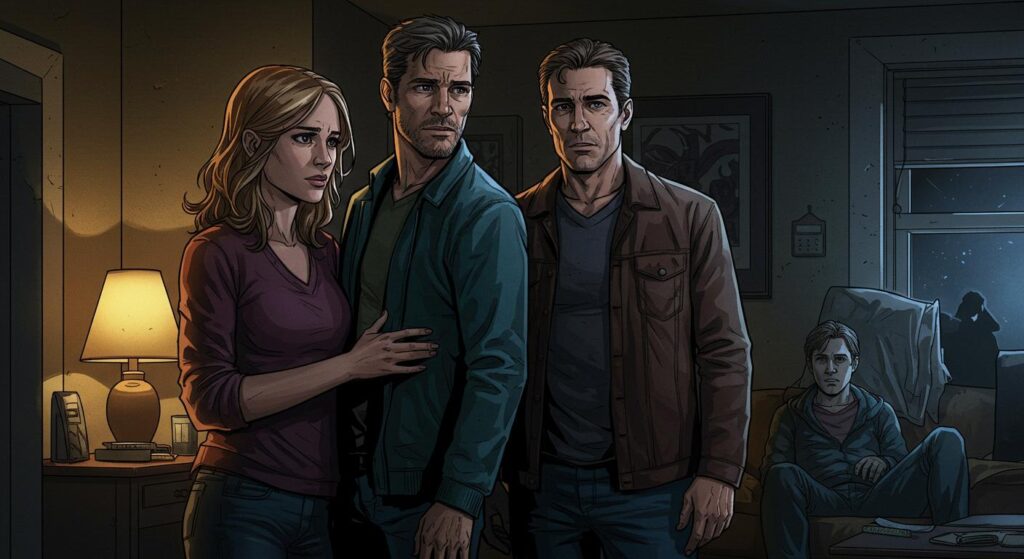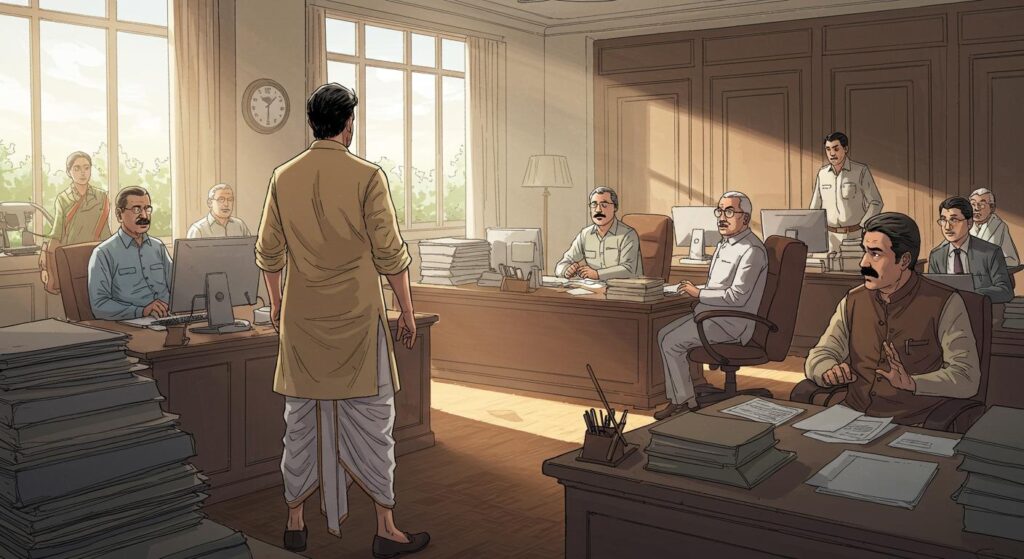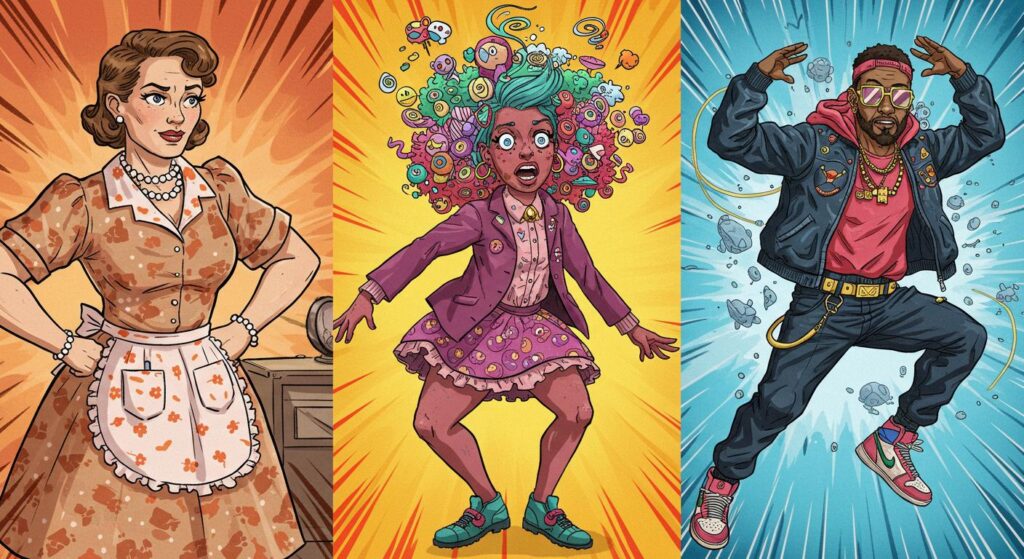If anyone was still under the impression that the human-versus-AI creative faceoff was a battleground reserved for Silicon Valley boardrooms, witness the scene unfolding behind a modest house in Gibbons, Alberta. Here, in what can only be described as literature’s answer to an ultra-marathon, author Allison McBain has launched her “Author Versus AI” project: writing 34 books in 34 weeks, all by hand, and not a single chatbot in sight.
The Shed That Wouldn’t Sleep
As detailed by CityNews Edmonton, McBain has transformed a backyard shed—decked out with family photos and pops of bright paint—into the nerve center for her campaign. She spent five to eight hours a day, seven days a week, pounding out roughly 1,500 words an hour. Why? The goal, she told the outlet, is to prove that while humans may not match AI in output volume, they still outshine machines in originality and spirit.
The project’s origins sound equal parts challenge and crusade. McBain, already quite used to churning out books, seized the opportunity to tackle a backlog of story ideas—spanning genres from science fiction to romance to western—while taking a not-so-subtle jab at the notion that AI-generated writing could ever be a substitute for flesh-and-blood creativity. As she puts it, AI does a bang-up job filtering internet static into tidy summaries, but fiction, she believes, “is about those small moments that make us human.” Generic, it seems, need not apply.
Pace Versus Personality
There’s a certain paradox in McBain’s approach. Setting out to write a book a week is the sort of thing you’d expect from a stunt novelist or someone with a severe caffeine dependency. Yet, described in CityNews Edmonton’s report, her motivation isn’t to compete directly with AI’s tireless algorithms on speed alone, but to highlight the qualitative gulf between “content” and something genuinely authored.
She’s heard the recurring anxiety echoed among other writers: If AI can generate competent stories at the touch of a button, why bother? Why sweat over a manuscript tucked away in a drawer for years when a few keystrokes could produce something readable overnight? McBain hopes to remind both skeptics and discouraged creatives that writing is about more than producing widgets—it’s an act of telling one’s own story, quirks and all. “Everyone has a voice,” the outlet notes she insists, and that voice shouldn’t be surrendered for the sake of technical efficiency.
One can’t help but appreciate the ironic spectacle here. By attempting a feat often associated with machines—sustained, relentless output—McBain underscores just how messy, unpredictable, and personal human storytelling actually is. Nowhere in the machine code does it say, “Pause to make a sandwich for a toddler” or “Get distracted by a sudden urge to reorganize family photos.”
Outnumbered but Not Outdone
CityNews Edmonton also highlights how McBain used her project to finally write stories she’d been meaning to tackle for years. Shifting from sci-fi to romantic interludes to western barroom showdowns, this literary buffet is about as algorithm-agnostic as it gets. Inherently, each story carries the stamp of lived experience—a quality notoriously hard for generative AI to fake, no matter how many server farms get thrown at the problem.
This whole author-versus-AI experiment stands as a reminder that in a world increasingly obsessed with productivity hacks, there is something gloriously rebellious about making art for its own sake. Maybe the real question is less “Can humans beat AI at writing?” and more “Will people keep writing, even when machines can simulate the performance?” The fear of obsolescence isn’t new—every creative field, from painting to photography to music, has watched the specter of automation loom large. Yet the stubborn, occasionally absurd, love of telling a good story remains—sometimes expressed in a shed with fluorescent walls and sometimes, perhaps, in a crowded coffee shop.
Is this the final chapter in the great human-versus-AI authorship debate? Doubtful. But McBain’s manic output, stitched together from sleepless nights and moments that no language model has lived, brings us back to the reason we value stories in the first place. The unpredictable spark. The oddball twist. That moment where you pause, blink, and think: “Did someone really do that?” For now, at least, AI will have to settle for imitation. And somewhere in Alberta, one writer is making sure the originals just keep coming.

